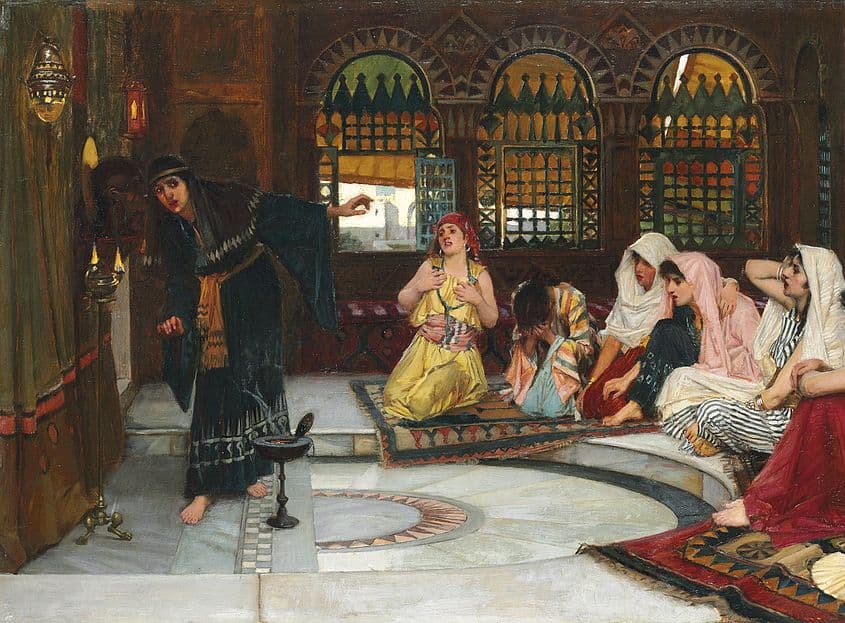Poem of the Day: ‘The Oracles’
A.E. Housman had a talent, as great as any in English poetry, for making formal verse seem a simple thing for expressing a thought.

For his birthday on March 26, it’s worth revisiting A.E. Housman (1859–1936). The Sun has already run three of his verses as a Poem of the Day: “When I Was One-and-Twenty,” “Epitaph on an Army of Mercenaries,” and “Loveliest of trees, the cherry now.” And in each case we noted the deep truism that simple is hard. Housman had a talent, as great as any in English poetry, for making formal verse seem a simple thing for expressing a thought.
But Housman was also capable of complex thought and shifting moods. A classicist by training (one of the great Latinists of his era), Housman opens “The Oracles” with a look at the old sites of prophecy in ancient Greece, observing that they’ve all gone mute — and twisting to an ironic description of them as the places “where gods told lies of old.”
In quatrains of seven-foot iambic lines, rhymed abab, Housman makes a turn to the Romantics in the second stanza, taking his question to the inner oracle of the heart — only to twist the irony yet another step, as he mocks the inner oracle of the heart, pointing out that the news that we will die “is news that men have heard before.” And in the last stanza, irony slips away as Housman tells the story of Thermopylae, a place where men responded to the news that they must die: “The Spartans on the sea-wet rock sat down and combed their hair.”
The Oracles
by A.E. Housman
’Tis mute, the word they went to hear on high Dodona mountain
When winds were in the oakenshaws and all the cauldrons tolled,
And mute’s the midland navel-stone beside the singing fountain,
And echoes list to silence now where gods told lies of old.
I took my question to the shrine that has not ceased from speaking,
The heart within, that tells the truth and tells it twice as plain;
And from the cave of oracles I heard the priestess shrieking
That she and I should surely die and never live again.
Oh priestess, what you cry is clear, and sound good sense I think it;
But let the screaming echoes rest, and froth your mouth no more.
’Tis true there’s better boose than brine, but he that drowns must drink it;
And oh, my lass, the news is news that men have heard before.
The King with half the East at heel is marched from lands of morning;
Their fighters drink the rivers up, their shafts benight the air,
And he that stands will die for nought, and home there’s no returning.
The Spartans on the sea-wet rock sat down and combed their hair.
___________________________________________
With “Poem of the Day,” The New York Sun offers a daily portion of verse selected by Joseph Bottum with the help of the North Carolina poet Sally Thomas, the Sun’s associate poetry editor. Tied to the day, or the season, or just individual taste, the poems will be typically drawn from the lesser-known portion of the history of English verse. In the coming months we will be reaching out to contemporary poets for examples of current, primarily formalist work, to show that poetry can still serve as a delight to the ear, an instruction to the mind, and a tonic for the soul.
